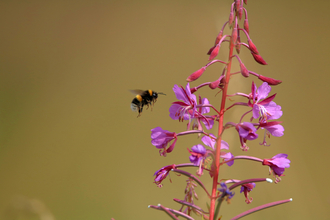
Bees in summer: how to help in warmer weather
During summer it’s incredibly important to support our local wildlife where we can. Long periods of drought can cause dehydration and can lead to plants drying out, meaning less pollen and nectar…

During summer it’s incredibly important to support our local wildlife where we can. Long periods of drought can cause dehydration and can lead to plants drying out, meaning less pollen and nectar…
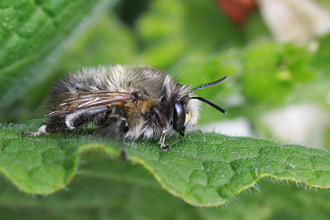
It's no secret that bees are declining across the UK, but what's the picture like in Lancashire? Lancashire Wildlife Trust bee expert, Ben Hargreaves, discusses the gains and losses.
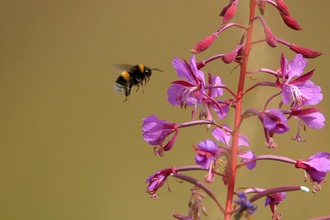
We all know that bees are under threat, but we don’t always know how to help them. Luckily, bee conservation can start in your garden and we’re here to help you learn how to garden for bees.
The end of summer is fast approaching and we are seeing the new queen and male bumblebees in our gardens regularly now. New social wasp queens are appearing and male wasps will follow in the next…
Is it that time of year already? As we move into July the early spring bees have finished their work and we start to see solitary wasps with more frequency and will start to see new queen…
Karen McCartney shares some more bee and wasp species to be on the look out for as we enter summer.
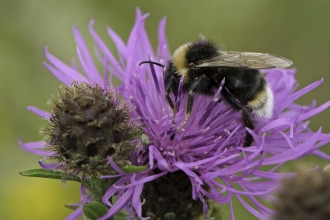
You may have heard or even seen a cuckoo during spring, but have you seen a cuckoo bee? Learn all about these fascinating insects and pick up some handy ID tips.
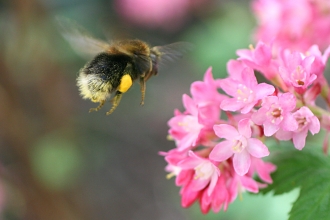
As we move into May and late spring we will start to see the first tiny workers of our early spring bumblebees. Karen McCartney gives us some species to look out for.
Meteorologically spring has sprung but for me personally spring begins when I start to see the first bees emerging after what feels like a long winter.

Our volunteer David Merry's garden has been positively buzzing with bumblebee visitors! Find out who has paid a visit this year.